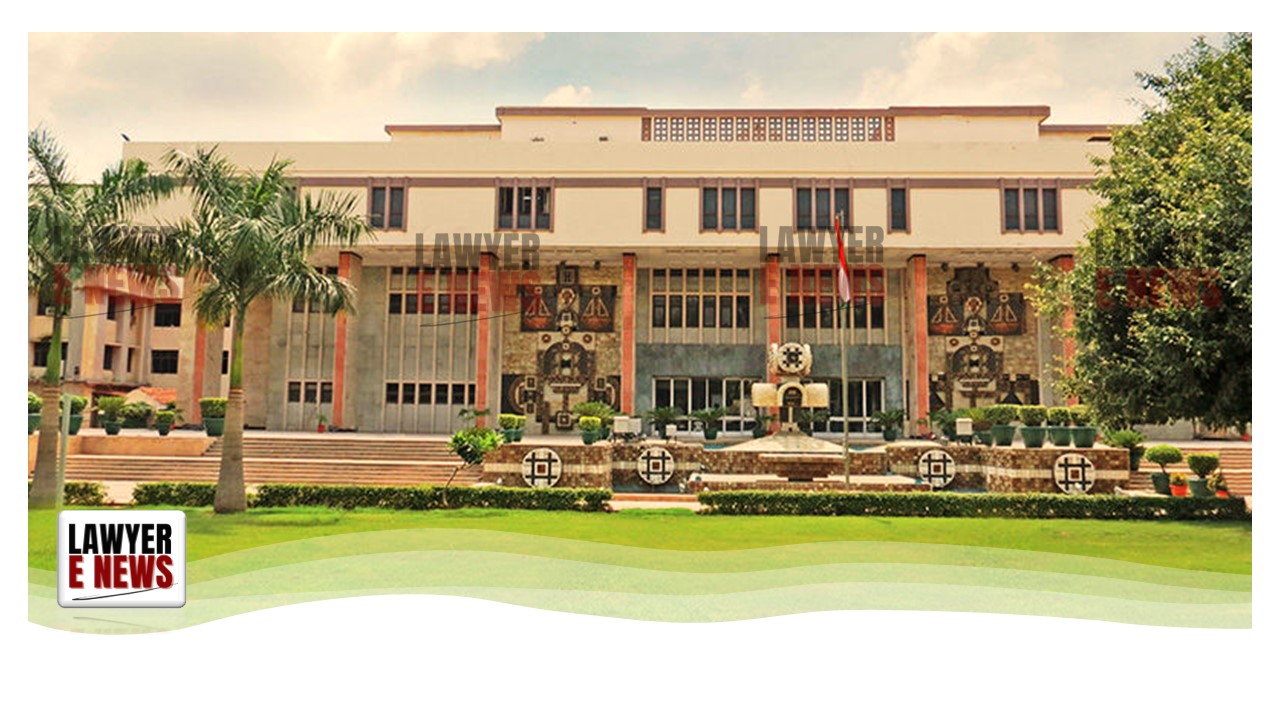-
by Admin
15 February 2026 5:35 AM



On September 23, 2024, the Delhi High Court, in Ravi Kumar vs. Department of Space and Ors., dismissed a petition challenging the selection process for the post of Administrative Officer at ISRO, under SC/ST categories. The court ruled that the recruitment process, including normalization of marks and interview weightage, was transparent and followed established procedures. The Court emphasized that the petitioner, having participated in the process without raising objections, could not challenge the process after being unsuccessful.
The case stemmed from ISRO’s 2016 notification inviting applications for two Administrative Officer posts under SC/ST categories. Ravi Kumar, the petitioner, applied under the SC category and cleared the written examination. However, his name was not included in the final selection list. Kumar alleged irregularities in the normalization of marks and interview process, claiming that more than three candidates were invited for interviews, which he argued violated the law. He further contended that the 40% weightage allocated to interviews was excessive and unfair.
Earlier, Kumar approached the Central Administrative Tribunal (CAT), New Delhi, which dismissed his plea, prompting him to file this writ petition before the Delhi High Court.
The Court examined several key legal issues, particularly the petitioner's challenge to the selection process after participating in it. The court cited established legal principles, notably from Ashok Kumar vs. State of Bihar, (2017) 4 SCC 357, that candidates who participate in a selection process without raising objections cannot later challenge the procedure merely because the result was unfavorable to them. Justice Suresh Kumar Kait, writing for the bench, observed:
"It is settled law that a person who consciously takes part in the process of selection cannot, thereafter, turn around and question the method of selection and its outcome." [Para 33]
The Court further reinforced that any candidate who enters the selection process knowing the terms and conditions is estopped from questioning the fairness of the procedure post-facto. The petitioner’s attempt to challenge the normalization method and interview weightage was deemed unmeritorious.
Addressing the petitioner’s claim that the interview marks were manipulated, the Court noted that the judiciary cannot reassess the discretion exercised by the selection board in awarding marks, absent any evidence of mala fide or procedural impropriety. The Court reiterated:
"The discretion lies with the interviewing authority to evaluate and assign marks to a candidate. It is the settled principle that a Court cannot step into the shoes of the Appointing Authority to examine whether the marks assigned to a candidate were less or excessive..." [Para 35]
The Court found no evidence of malfeasance or deviation from established procedures in ISRO’s selection process.
The Delhi High Court upheld the Central Administrative Tribunal’s order, finding that the selection process was conducted fairly, and the petitioner's claims lacked merit. The Court dismissed the petition, noting that the petitioner’s failure in the interview stage could not serve as grounds for a challenge, especially when the petitioner himself had participated without protest.
The decision serves as a reaffirmation of long-standing legal principles that prevent unsuccessful candidates from challenging recruitment processes after participating without objection. The Court’s ruling emphasizes that such challenges undermine the integrity of public recruitment processes and should be discouraged.
Date of Decision: September 23, 2024
Ravi Kumar vs. Department of Space and Ors.
